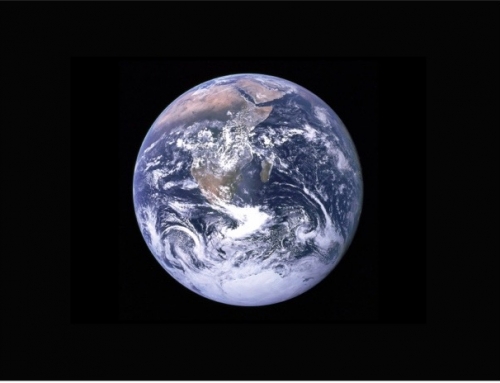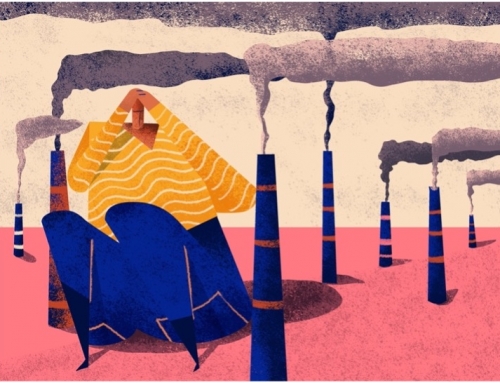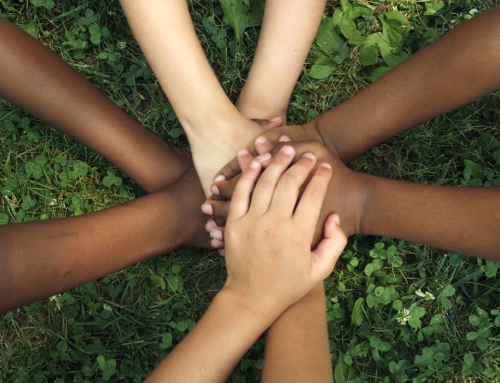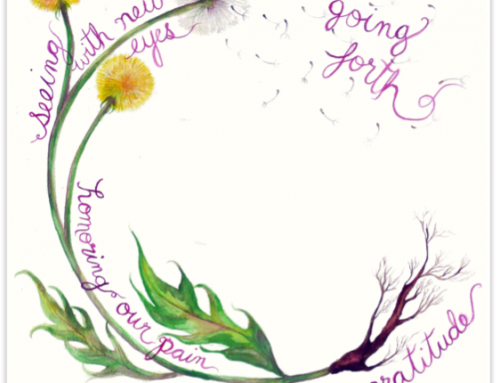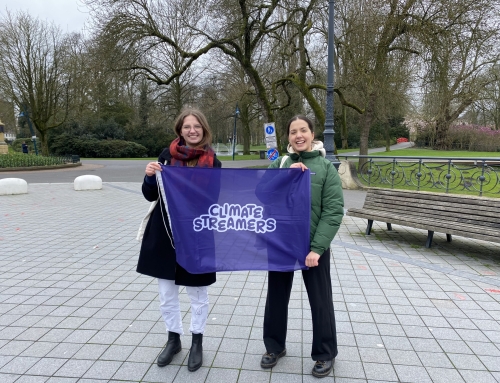MY REAR-VIEW MIRROR
Over the past few years, I have been doing research on several topics regarding our society. It all started with combining my interest in teenagers, with my interest in the concept of identity. I worked together with Dutch health organization GGD to develop a curriculum regarding the phenomenon of Sexting , which is the sending of nude photo’s through devices. It was during that project, – which I first took on because I was interested in teenage behaviour, not aware that it had something to do with identity at all- that I realized that developing an identity at an early stage in life matters so much towards becoming who you want to be. I believe that knowing who you are and who you want to be can take away a lot of insecurities and helps you to make better choices later in life. This revelation, that identity is so important because of its effect on the rest of your life, caused me to want to do more with this and dive deeper. And I did, only in another way.
ECONOMY
I have always been interested in entrepreneurship and our economy. My father is an entrepreneur and from an early age onwards, I got acquainted with the risks, the creativity, the innovation and I found it fascinating. Where was this man going every day and what is he doing? Researching and looking into our current economy, I discovered that, in my opinion, there is something seriously wrong with it. Our economy leaves a massive footprint on our world. To name a few examples: child labour, sustainability and slavery. These aspects harm our planet and our people tremendously. On the other hand, I also found positive aspects. We are shifting from an information economy to a purpose economy (Hurst, 2014). And thank God for this. For the next generation, the primary focus of our economy, which now is profit maximization, does not suffice any longer. Living in a purpose economy means that we see our jobs rather as a calling than as a job. What I see, is that our economy is not keeping up with our rapidly changing human mindsets, we want more. According to Hurst, working in a commercial company does not fulfil our desires any longer, it does not give us a purpose. I wondered what role I could play in this. How can identity help to solve these issues? What I do know is, when keeping up with human mindsets is not enough reason for the change, our deteriorating world is. Capitalism is destroying our world and the children on climate strike are right (Monbiot, 2019).
THE SKY IS THE LIMIT
What I aim to achieve is a world where people feel worthy. Feel that they contribute to a good cause and that makes them get up every morning. According to the Third Place theory (Oldenburg, 1999); your first place is your home, the second is your work and the third is the community. Why not combine your second place with your third place and give back to the community in daily life? I want to achieve this through creativity and being bold, because innovation does not happen in your comfort zone.
SOCIAL ENTERPRISES
Researching identity combined with business, I came across a booming movement which can be, according to me, the answer to all of my questions. Social enterprises are companies with a commercial strategy however they reinvest their profit in a social mission, rather than giving it out to shareholders. Andrew Moran, an entrepreneur, writes in an article for CareerAddict that he believes that social entrepreneurship lies ahead of our current economy. According to him, it is the future of business as it should be (Moran, 2019). Social enterprises are using business as a mean for social change (Cherisien, 2016). Earning money and investing this in something that will make the world a better place, sounds great because it is. I think that social enterprises combine having a strong identity with doing business. Through showcasing their identity, their customers believe them and choose to engage with them. They know who they are and they know who they want to be. Over the past years, I have been researching the approaches social enterprises use, what business models they work with and how to manage their legal entity.
AND THAT’S WHERE I COME IN
Combining the knowledge that I gained with regard to developing an identity, with the topic of social enterprising will be the foundation of the approach I am taking. Every organization is different and needs customization. Creative techniques, playful sessions, out of the box thinking and Imagineering contribute to the change of commercial companies towards becoming a better version of themselves. Applying the principles of Unsafe Thinking (Sachs, 2018) will show the importance of thinking out of the box and rocking the boat. These new insights will lead to new results. All of the theories, methods and principles mentioned above are in my opinion a starting point towards achieving my goal, creating a world where people feel worthy.
‘BAKKIE DOEN?’
That all said I am looking for entrepreneurs, organizations and companies that share my ideas or values and are willing to act upon those. Want to change but hesitant about where to start? Interested but in doubt whether a collaboration can be useful? I am always open to sit down and have a conversation about shared interests or collaboration opportunities.
References
Cherisien, W. (2016, December 24). How Social Entrepreneurship is Changing the Way Business is Done. Retrieved from https://www.business2community.com/social-business/social-entrepreneurship-changing-way-business-done-01743545
Monbiot, G. (2019, April 25). Dare to declare capitalism dead – before it takes us all down with it. Retrieved from https://www.theguardian.com/commentisfree/2019/apr/25/capitalism-economic-system-survival-earth
Moran, A. (2019, April 24). Social Entrepreneurship: The Future of Business. Retrieved June 10, 2020, from https://www.careeraddict.com/social-entrepreneurship
Sachs, J. (2018). Unsafe Thinking: How to be Nimble and Bold When You Need It Most (First Edition). Unknown, Unknown: Da Capo Lifelong Books.
Talks at Google. (2014, June 29). Aaron Hurst: “The Purpose Economy” | Talks at Google [Video file]. Retrieved from https://www.youtube.com/watch?v=bZf-BZk_9ic
Oldenburg PhD, R. (1999). The Great Good Place. Amsterdam, Netherlands: Adfo Books.

